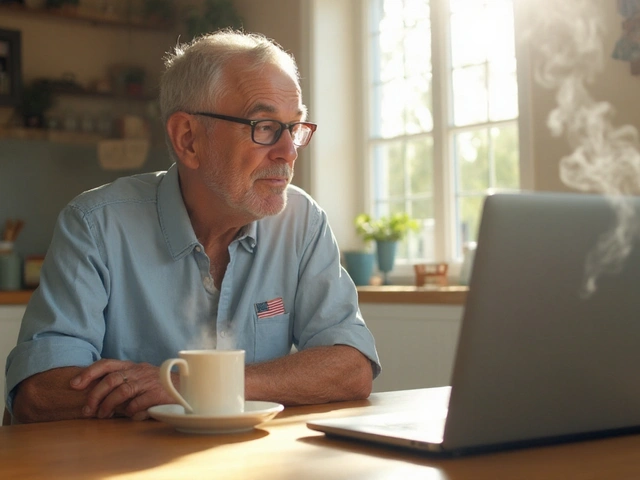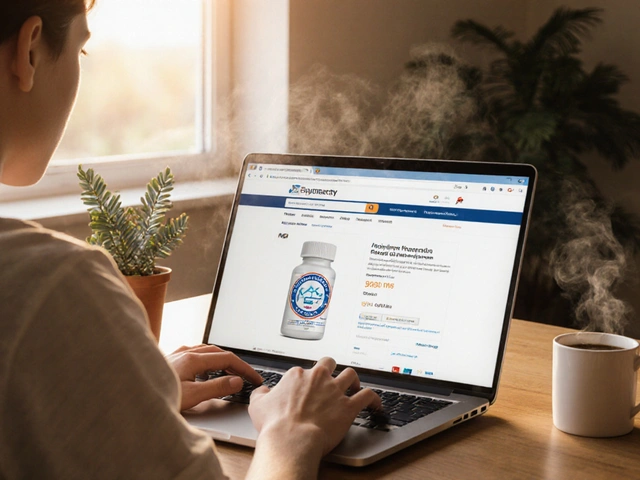Buy Cheap Generic Lipitor Online - Safe Guide & Price Comparison
August 3 2025Erosive Esophagitis — what it is and what to do now
If your heartburn is so bad it actually damages the lining of your esophagus, that’s erosive esophagitis. It means stomach acid (or other causes) has irritated or worn away the surface layer, leaving small sores. Good news: many cases respond well to treatment and simple changes you can make at home.
Most people notice burning pain behind the breastbone, trouble swallowing, or food getting stuck. You might also see blood in vomit or notice darker stools if bleeding happens. If symptoms are sudden, severe, or include weight loss and repeated vomiting, see a doctor quickly.
Common causes you should know
The biggest cause is long-term acid reflux from GERD — stomach acid rises into the esophagus and damages tissue. Other causes include frequent NSAID use (like ibuprofen), heavy alcohol use, certain infections (common in immune-suppressed people), and some pills that irritate the throat if not swallowed properly.
Knowing the cause helps pick the right fix. For acid-related damage, reducing acid and protecting the lining is the main approach. If a medicine is to blame, switching or changing how you take it can stop the problem.
How doctors diagnose and treat it
Diagnosis usually starts with your history and a physical. If your doctor is concerned, they’ll suggest an upper endoscopy — a quick procedure where they look at the esophagus and can take small biopsies if needed. That tells them how bad the damage is and whether infection or other issues are present.
Treatment often includes proton pump inhibitors (PPIs) such as omeprazole (Prilosec). PPIs lower stomach acid so the lining can heal. Your doctor will suggest a dose and length of treatment based on how severe the damage is. Sometimes short courses of antibiotics or antifungals are needed if infection is found.
Don’t stop or change prescribed meds without talking to your provider. If OTC antacids help, they can be used short-term, but they won’t heal erosions the way PPIs do.
Practical changes that help fast: sleep with your head raised about 6 inches, avoid eating 2–3 hours before bed, lose extra weight if needed, avoid trigger foods (spicy food, citrus, caffeine, and alcohol), and stop smoking. Also, swallow pills with plenty of water and stay upright for a few minutes after taking them.
If you have recurring symptoms despite treatment, your doctor may check for strictures (narrowing) or recommend longer-term management. Some people need maintenance therapy to prevent repeat damage.
Want reliable reading? We cover related topics like Prilosec use, how to buy it safely online, and practical tips for heartburn in other articles on this site. If your symptoms match what we described, schedule a medical check — faster treatment means fewer complications and a quicker return to normal food and comfort.
 1 Jul
1 Jul
Erosive Esophagitis and Anxiety: How They're Connected and What to Do
In my recent exploration, I've discovered a fascinating link between erosive esophagitis, a condition that damages the esophagus, and anxiety. It turns out that chronic stress and anxiety can increase the risk of developing this uncomfortable gastrointestinal condition. This is primarily due to the fact that anxiety can lead to behaviors like overeating or unhealthy food choices, which can subsequently provoke acid reflux, a major cause of erosive esophagitis. It's important to manage anxiety through techniques like mindfulness, therapy, and regular exercise, in addition to seeking treatment for esophagitis. A healthy mind and body are interconnected, and taking care of both is crucial.
Read More...




